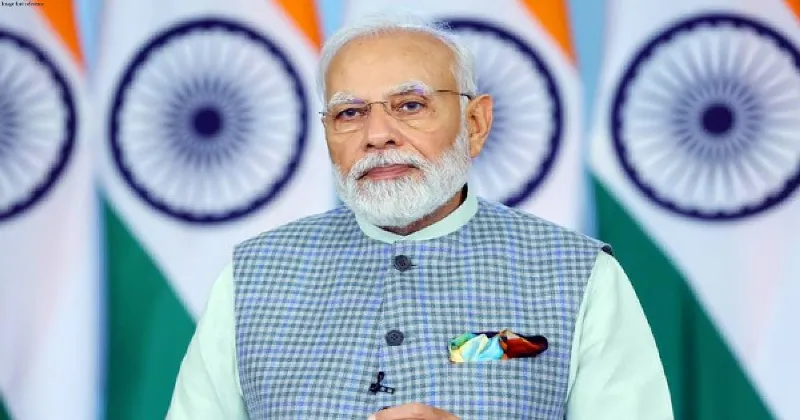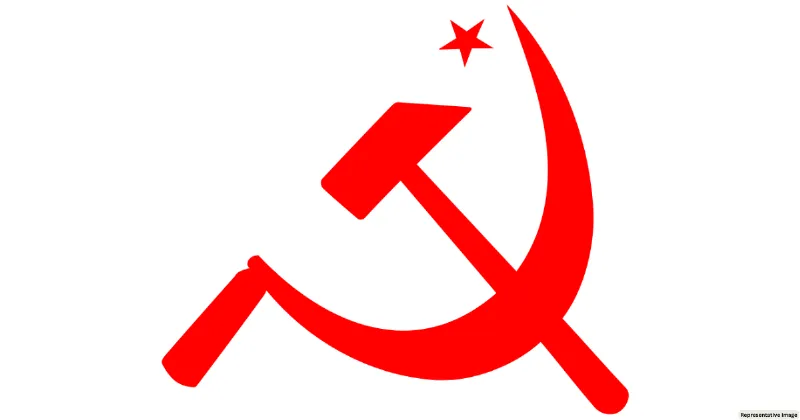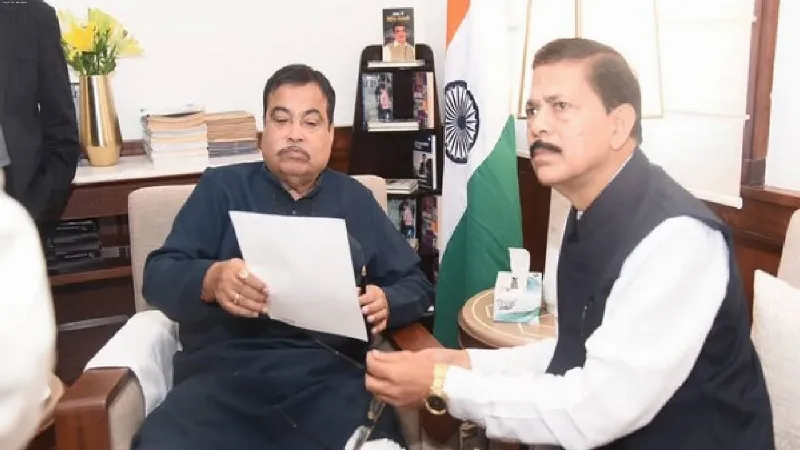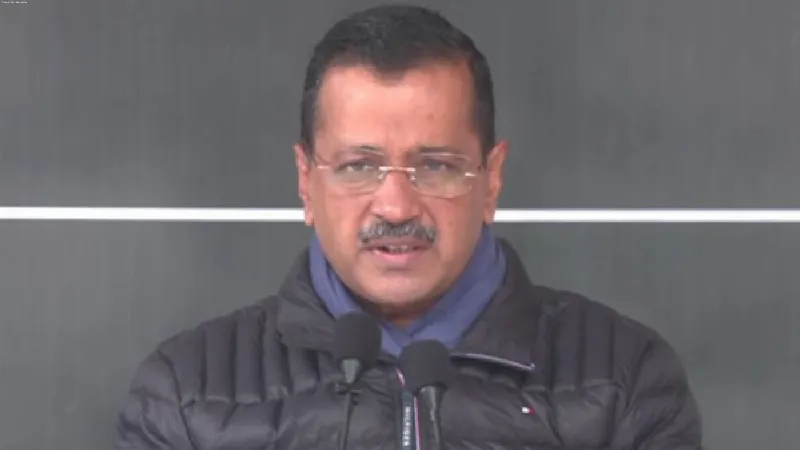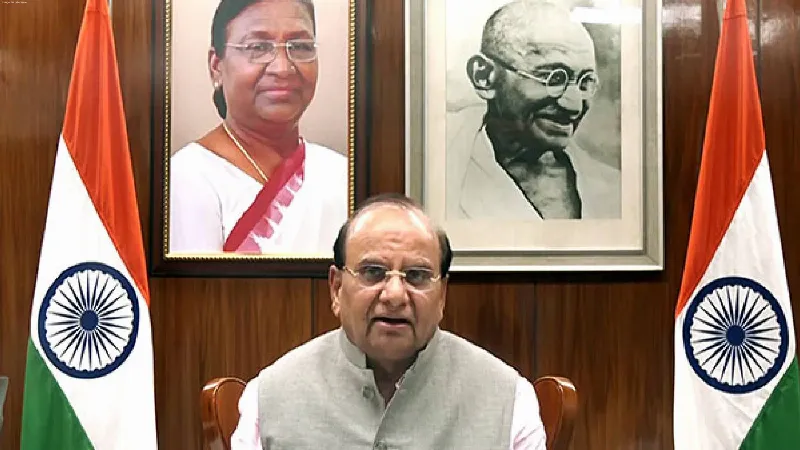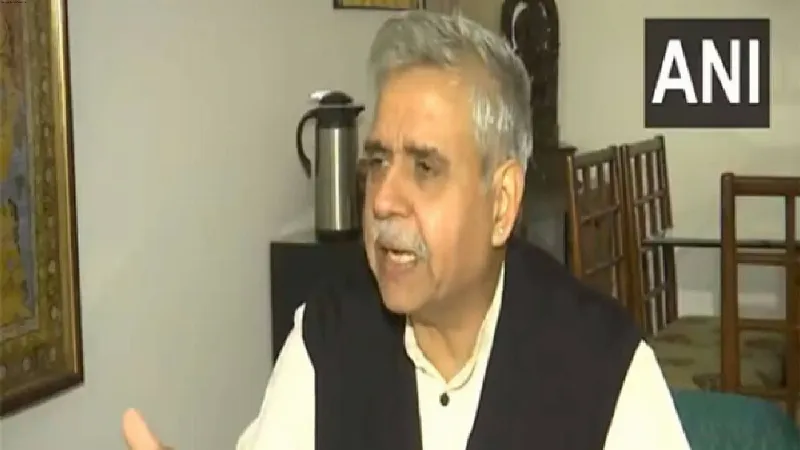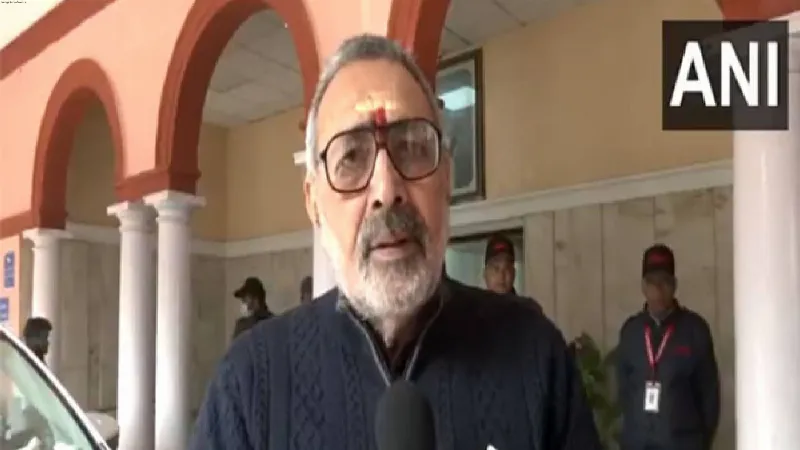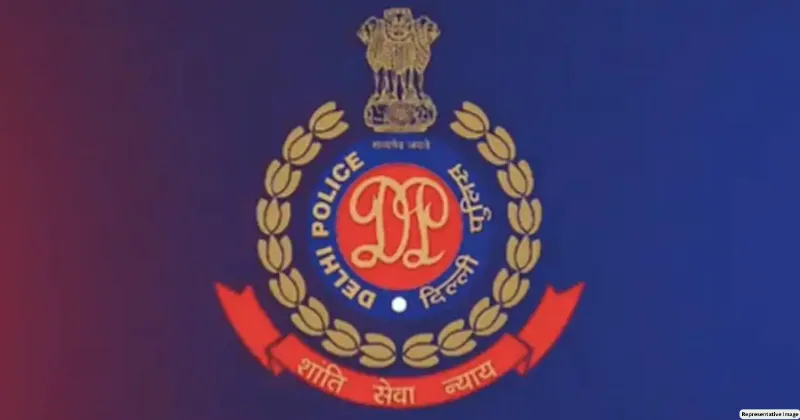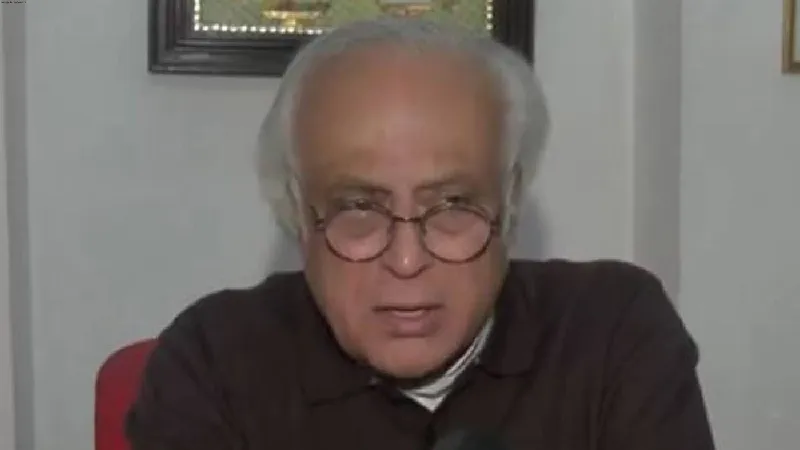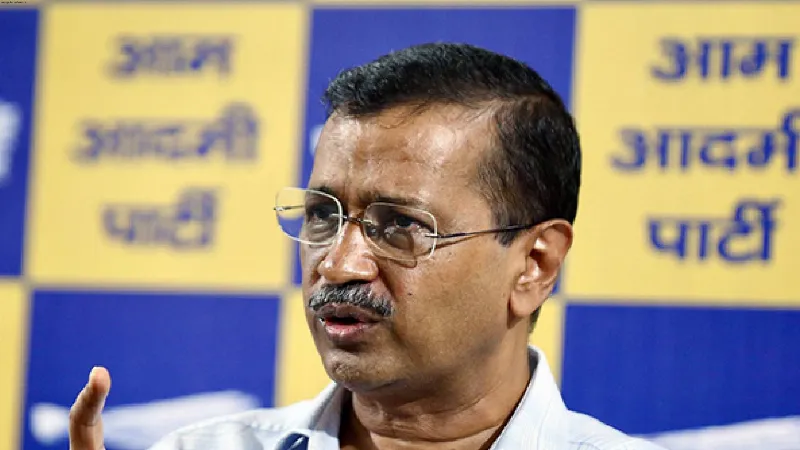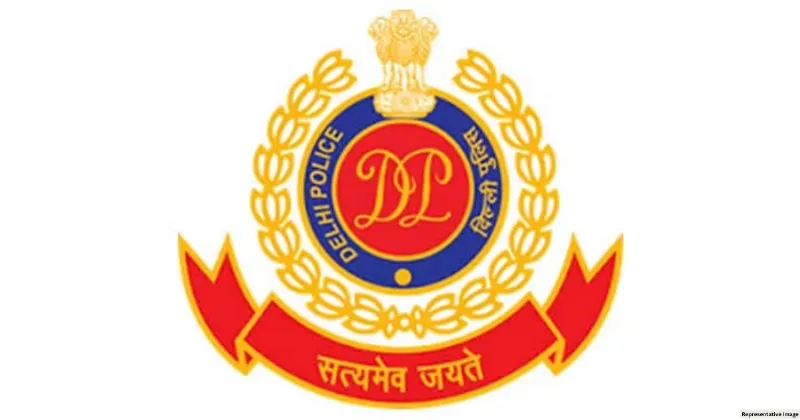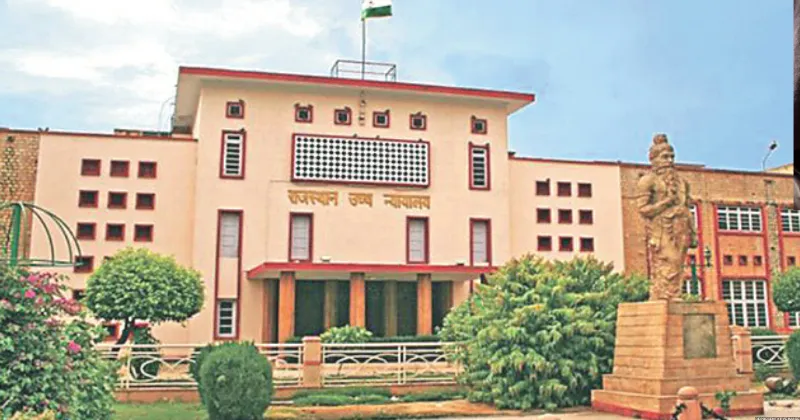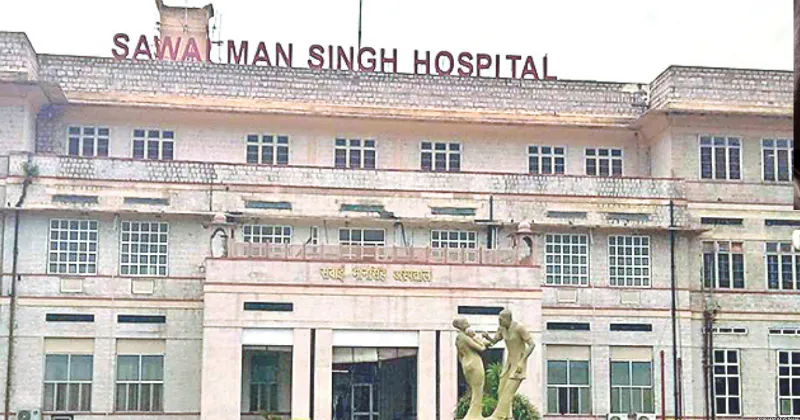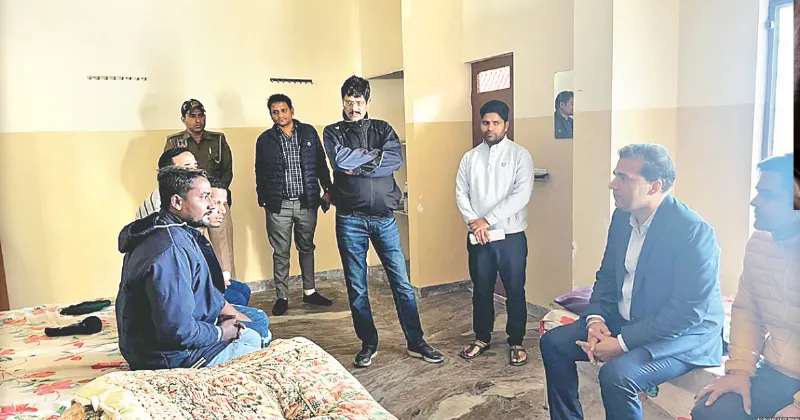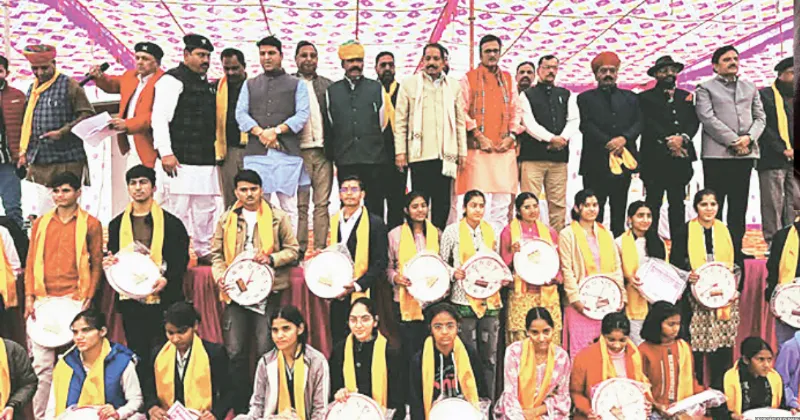SC suggests Centre to be liberal on relaxing borrowing conditions to Kerala
.png)
New Delhi: The Supreme Court on Tuesday suggested the Centre to be liberal and give a one-time package as a special case to Kerala, subject to harsher conditions than other states.
A bench of justices Surya Kant and KV Viswanathan's suggestions came while dealing with the matter relating to Kerala's plea against Centre over financial matters.
The court remarked to the Centre that they can be slightly liberal, give a one-time package as a special case and apply more rigid conditions in future budgets.
The court also suggested giving the special package to Kerala by March 31 subject to harsher conditions than other States. For the existing States you will be liberal next time, the court remarked
Senior advocate Kapil Sibal mentioned Kerala's suit the matter before the Supreme Court on Tuesday and apprised the court that Centre is not releasing any money to the tune of 19000 crore.
The court suggested the Centre and Kerala to try and work out.
The court said that it will hear the matter tomorrow.
Earlier the Supreme Court had directed the Kerala Govt to hold a meeting with Centre and state officials to resolve the financial issues arising between them.
Earlier in its affidavit, the Kerala Government said that the Central Government accounts for approximately 60 per cent of the total debt or outstanding liabilities of India.
In an affidavit, the Kerala Government said that the Centre can't control the debt of state and the justification put forth by the Union Government to control the borrowings of the Kerala State are fallacious, exaggerated and unjustified.
Responding to the notes filed by the Attorney General, Kerala Government made submission and said, "The Central Government accounts for approximately 60 per cent of the total debt or outstanding liabilities of India. All the states put together account for the rest (approximately) 40 per cent of the total debt of the country. In fact, the Plaintiff State accounts for a miniscule 1.70-1.75 per cent of the total debt of the Centre and the States put together for the period 2019-2023."
Kerala's financial health and debt situation have attracted adverse observations from successive Finance Commissions (12th, 14th and 15th) as well as the CAG and it is one of the most financially unhealthy states as its fiscal edifice has been diagnosed with several cracks, Attorney General said in a note submitted before the Supreme Court.
Responding to Kerala's government suit, the Centre in its affidavit, apprised the Supreme Court that Kerala has been one of the most financially unhealthy states, and its fiscal edifice of Kerala has been diagnosed with several cracks.
The Attorney General for India has filed a written note in the suit filed by Kerala Government where he said that debt of states affects the credit rating of the country.
The note was filed in response to the Kerala Government petition against Centre's alleged interference in states' finances and said that due to such interference the state is not able to fulfil the commitments in its annual budgets.
In a suit filed by Kerala government, it stated that state government deals with the executive power conferred on the Plaintiff State under Article 293 of the Constitution of India to borrow on the security or guarantee of the Consolidated Fund of the State in alignment with the fiscal autonomy of the Plaintiff State as guaranteed and enshrined in the Constitution.
Kerala Government, through its petition, said Centre through the Ministry of Finance (Public Finance-State Division), Department of Expenditure letters dated March 2023 & August 2023 and by amendments made to Section 4 of the Fiscal Responsibility and
Budget Management Act, of 2003 sought to interfere with the finances of the state by imposing a net borrowing ceiling on the State.
The Kerala government said that such interference with the finances of the state was caused by imposing a net borrowing ceiling on the plaintiff state in the manner deemed fit by the defendant union, which limits borrowings from all sources, including open market borrowings.



